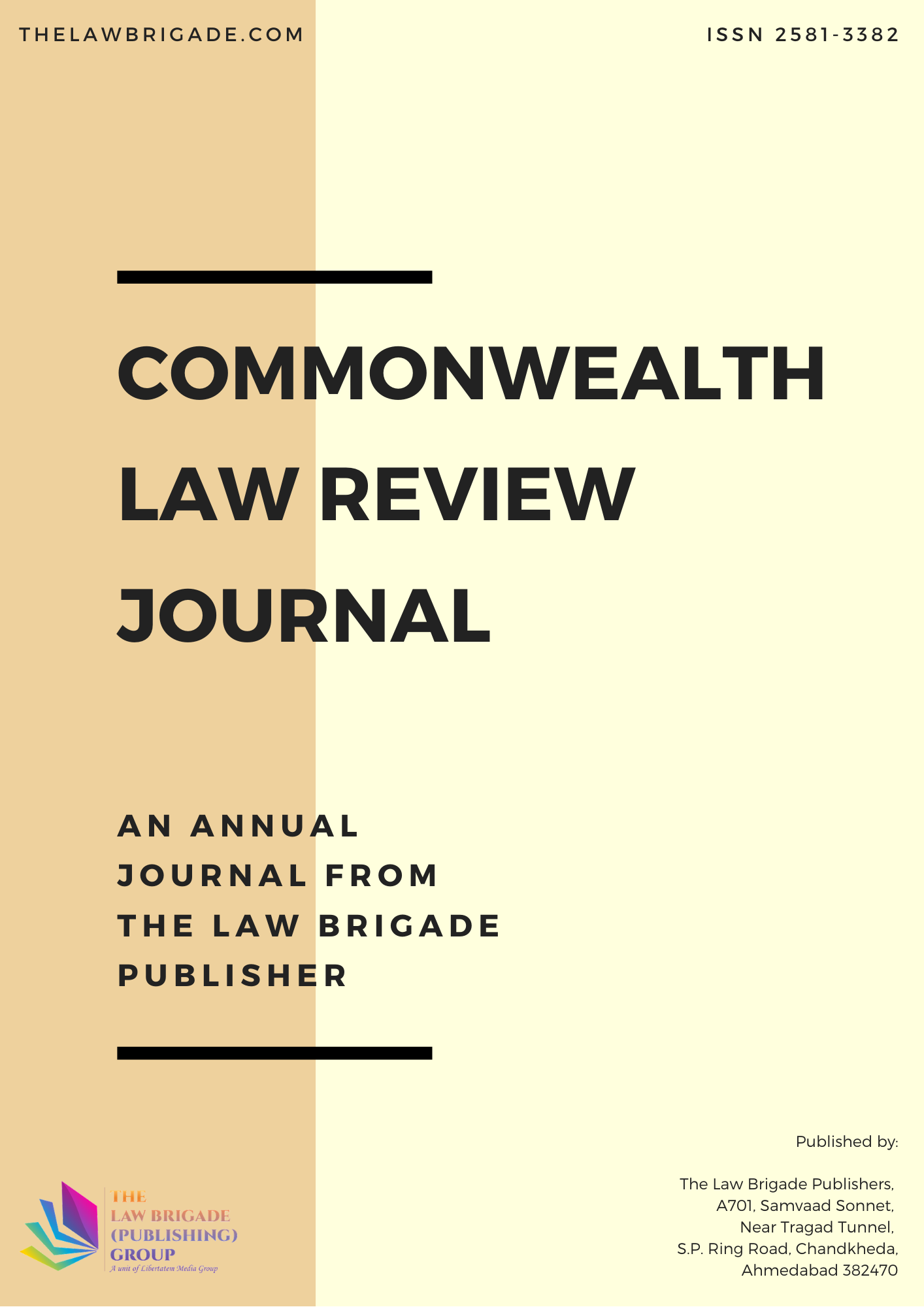Earlier Sec. 124 A of IPC, 1860 used to deal with ‘Sedition’. Now, it has been removed. However, Section 152 of BNS, 2023 criminalizes the acts that ‘incite secession, armed rebellion, or subversive activities, separatist activities that endanger India’s sovereignty, unity, and integrity’. Sedition punishes material that incites hate, contempt, or disaffection for the government because it might cause vehemence or public disorder. Criticizing government legislation or administration is not seditious. It is a highly condemned and controversial provision that is principally employed to conquer discord in politics. It allegedly restricts free speech and expression. The government must define the jurisprudential limits of sedition law or it will be misused and the state unable to guarantee free speech and democracy. This article explores the justification for outlawing sedition before placing India’s experience in historical perspective in light of its colonial background and current regime. The law’s usage as a political tool is discussed in the article’s conclusion, and it is debated as to whether it should be abolished or changed in order to save Indian democracy from a crisis of the rule of law.
Criminalization of Peaceful Expressions and Law of Sedition in India
Publication Information
Journal Title: Commonwealth Law Review Journal
Author(s): Saumya Verma
Published On: 10/10/2024
Volume: 10
First Page: 128
Last Page: 145
ISSN: 2581-3382
Publisher: The Law Brigade Publisher
DOI: 10.55662/CLRJ.2024.1003
Cite this Article
Saumya Verma, Criminalization of Peaceful Expressions and Law of Sedition in India, Volume 10, Commonwealth Law Review Journal, 128-145, Published on 10/10/2024, 10.55662/CLRJ.2024.1003 Available at https://clrj.thelawbrigade.com/article/criminalization-of-peaceful-expressions-and-law-of-sedition-in-india/
Abstract
Keywords: Sedition, India, Free Speech, Democracy
Share this research
Latest Publications
April 10, 2025





